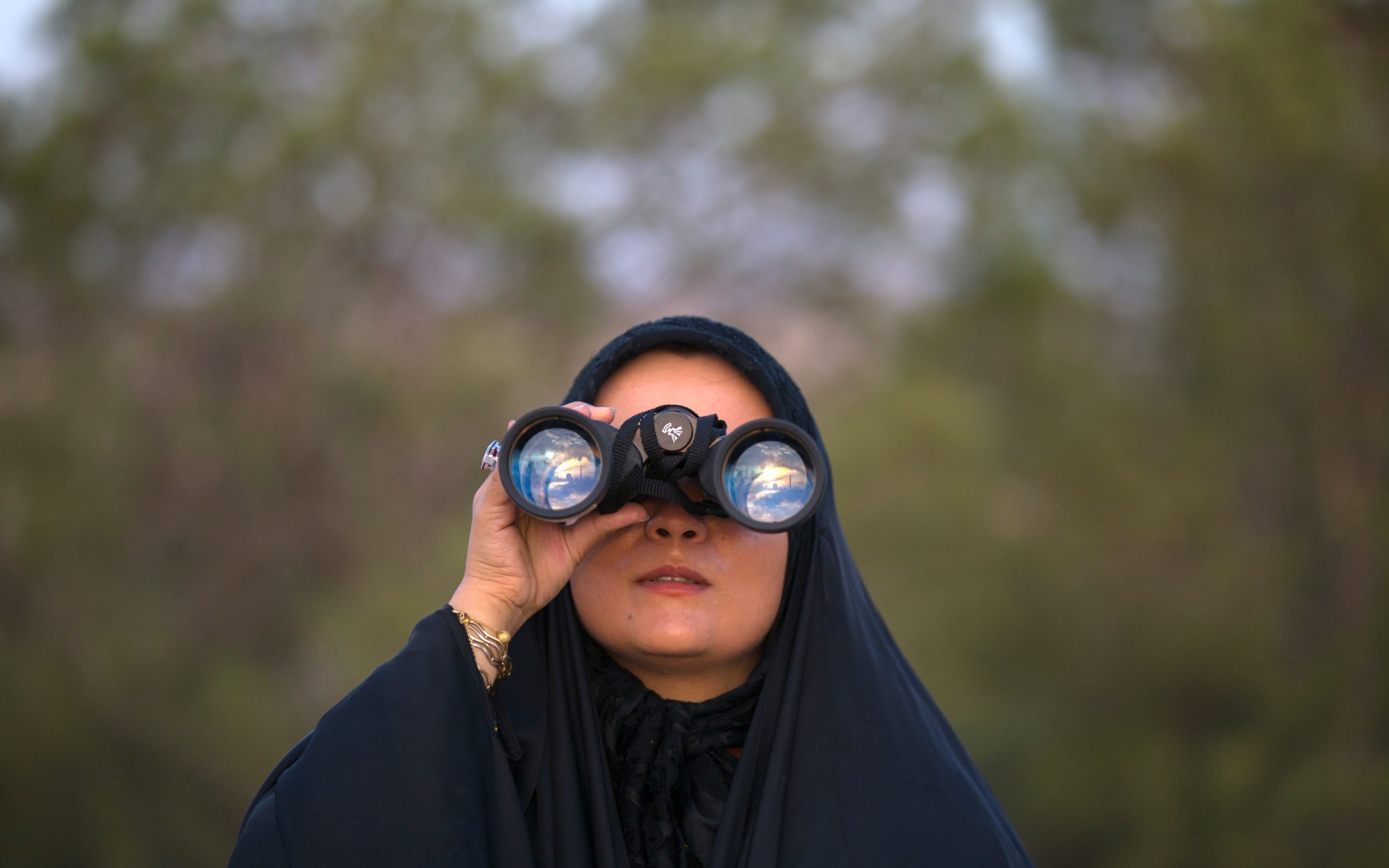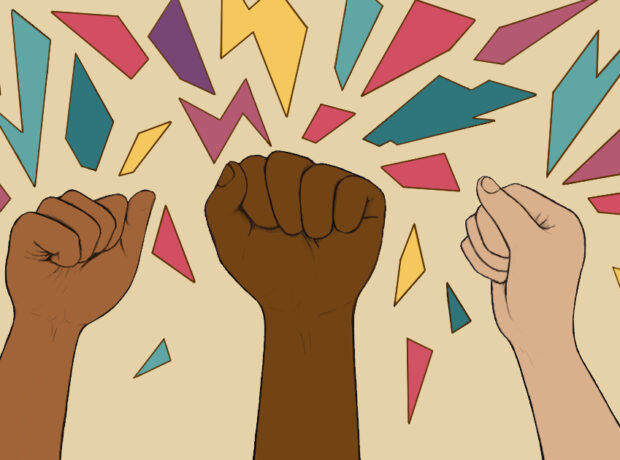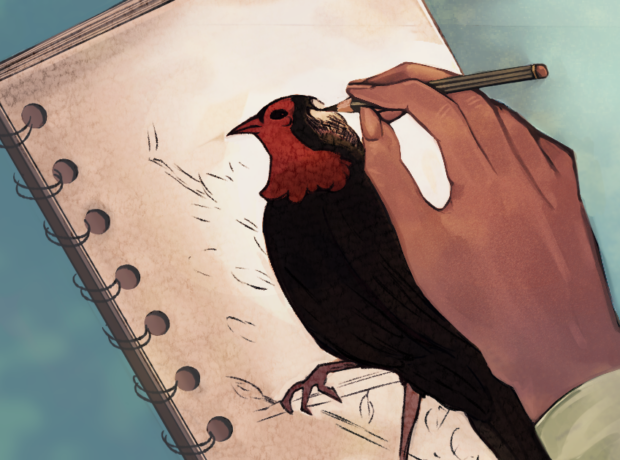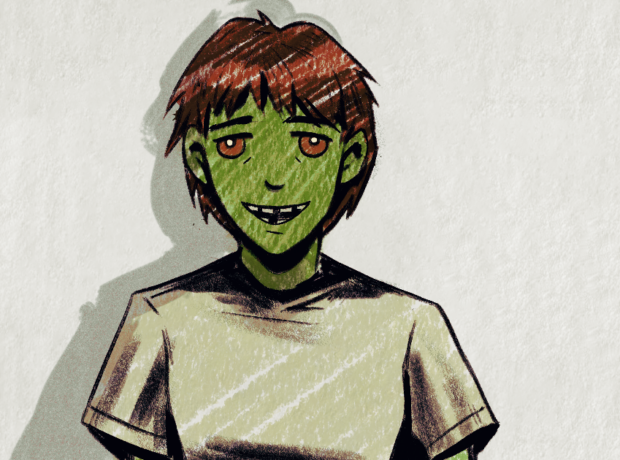On International Women’s Day this collection of journalism, poetry and fiction celebrates writers aged 14 to 25, calling out racism and homophobia, and examining the impact of austerity and the criminal justice system.
We’re proud to work with young writers, supporting students in high school, sixth-form and university, as well as new freelancers, to write about the human rights issues that matter to them.
Am I a person on a colour?
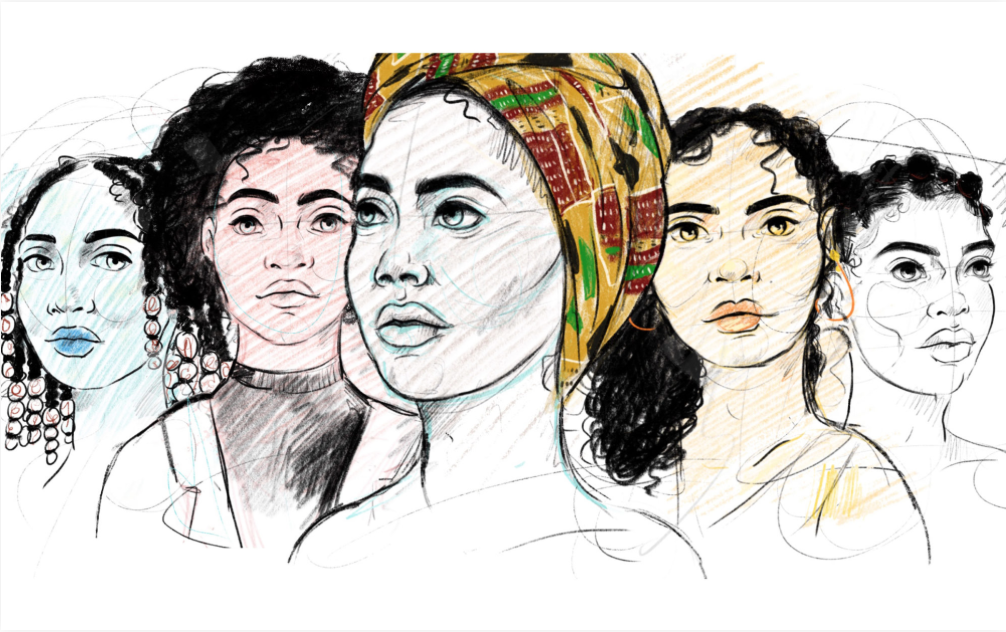
Thank you for the pain, it brought forth our brilliance.”
This powerful political poem was written by the 14-year-old winner of the University of Warwick’s inaugural Writing Wrongs Schools Competition Junior Prize, co-ordinated by the Centre for Human Rights in Practice. It uses the colours of the spectrum to delicately paint a history of discrimination met with resilience, perseverance and determination.
Her Story
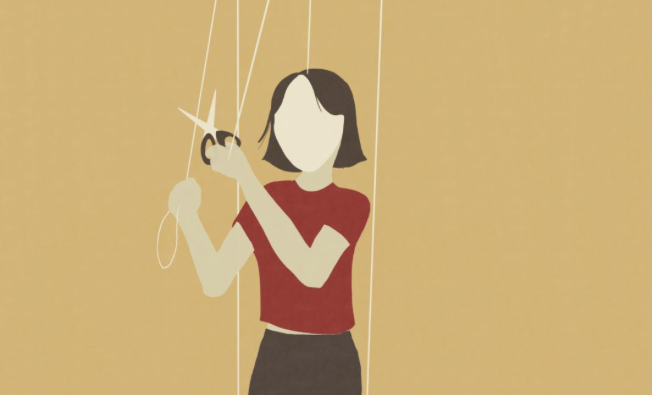
She was the one convicted. She was the one sentenced to suffering, branded a liar, branded a life-destroyer, while her attacker walked free; the knife was twisted deeper and deeper.”
Her Story is our award-winning poem by 16-year-old Kylie Clarke. It spans a year in the life of a sexual assault survivor, describing the impact of abuse and raising questions about the way the legal system handles these crimes.
From an outsider: The reality of being lesbian and Muslim
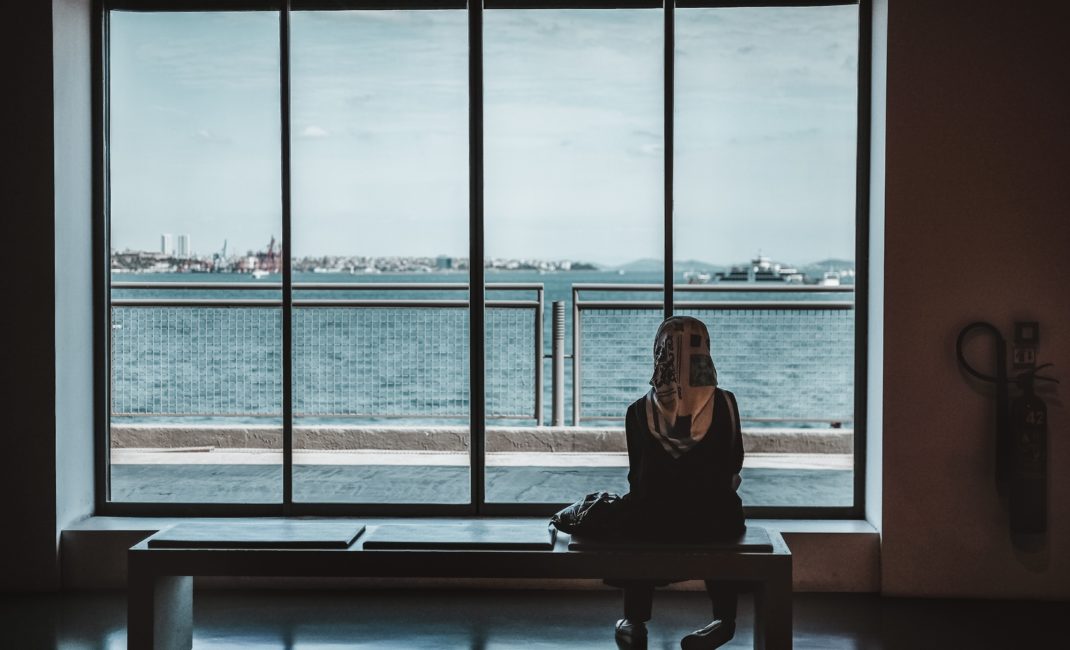
When I think of how the knot in my teenage heart could have been loosened if I had even one lesson at school telling me I wasn’t broken or put together wrong…I realise that this isn’t a religious or even spiritual debate. It’s a matter of human rights.”
Written in response to protests against the ‘No Outsiders’ programme of LGBT acceptance at Birmingham’s Anderton Park Primary School, this comment piece asks how Muslims and the LGBT community can co-exist. Our writer’s life straddles that divide. During a debate in the Houses of Parliament, MPs quoted her moving testimony.
Targeted as terrorists: The problem with ‘Prevent’
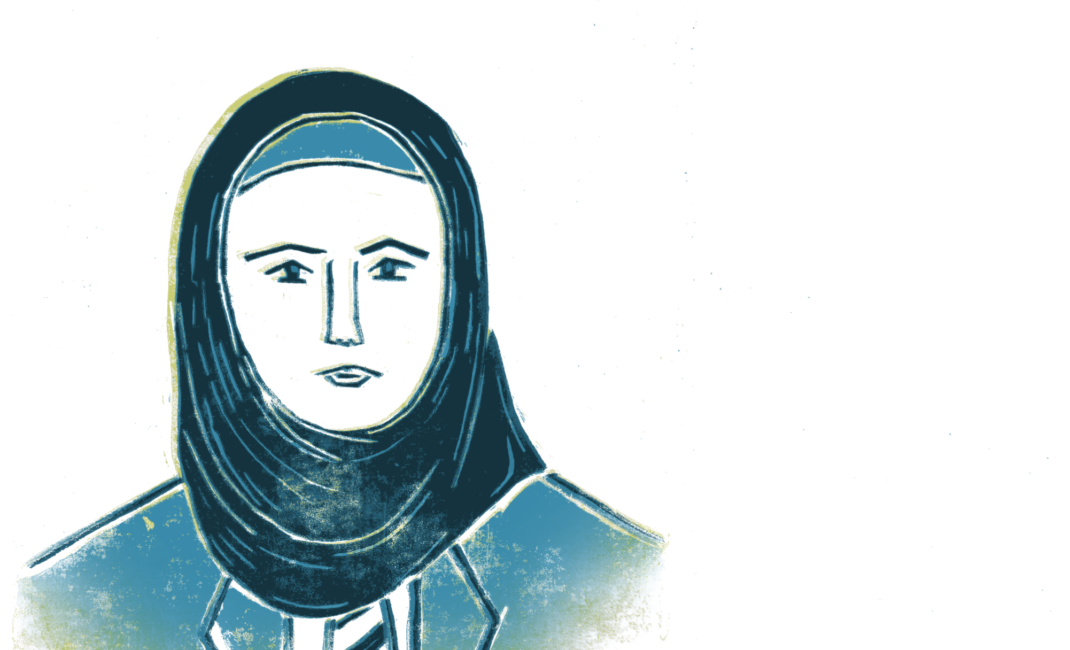
I was investigated at school by the government’s anti-radicalisation programme.”
While she was researching an essay on the causes of terrorism, this young Muslim pupil was pulled up and questioned by her school under the government’s counter-terrorism strategy. Our writer details the encounter with her teachers and the sense of sadness and injustice it left her with. She also finds she is not the only child to have been investigated in this way.
Autism: “They wouldn’t understand. Not properly.“
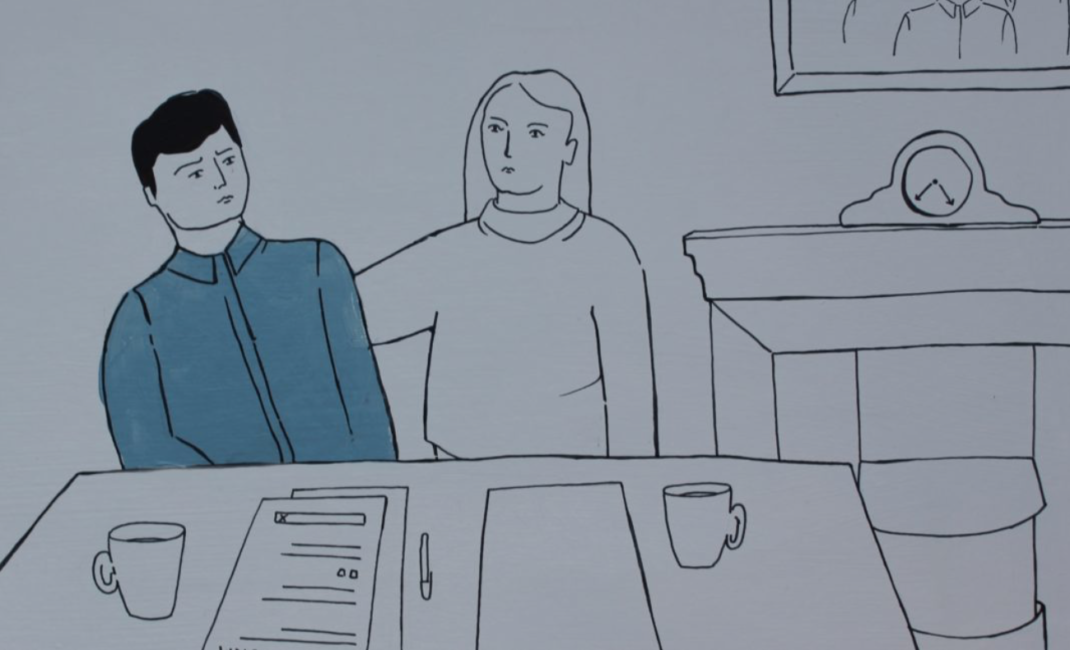
How can you be ‘not autistic enough’?”
Abigail Minor wrote this fictional short story as a law undergraduate, describing the impossible challenge a young man with autism faces as he strives for independence and attempts to access the support he deserves. The story explores the impact of austerity, the difficulty in navigating the application process for Employment and Support Allowance and the ripple effect of the struggle and stress through the surrounding family support system.
GCSEs: Are major changes to school exams damaging children’s health?
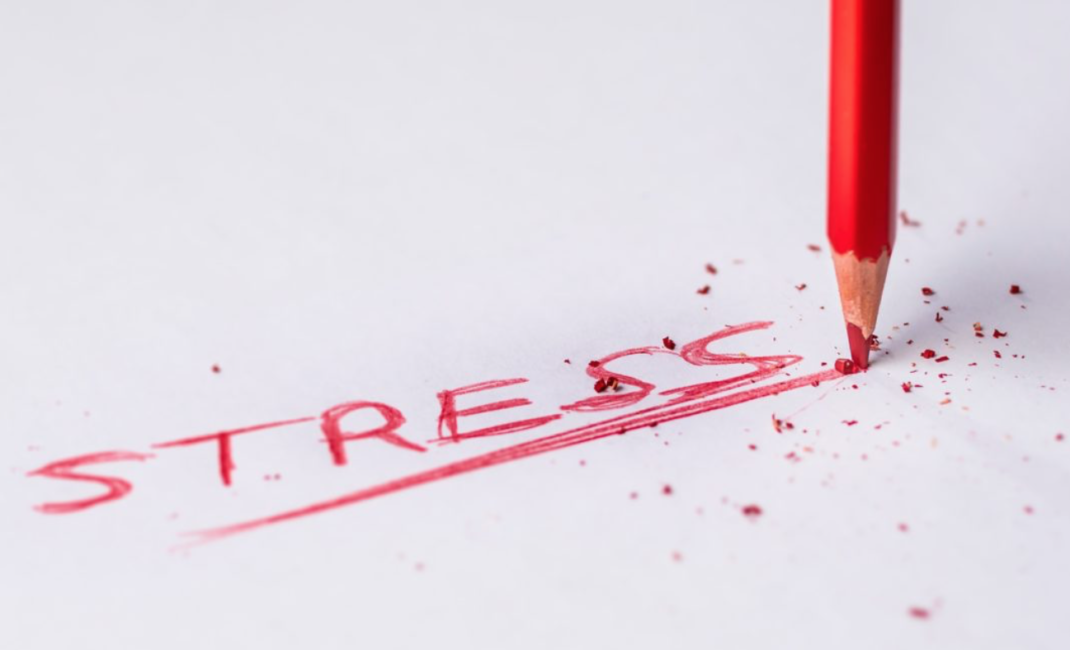
The sharp increase in numbers of young people referred to specialist mental health services has come about at the same time as major changes to the school system between 2010 and 2014 under the education secretary Michael Gove.”
The final instalment in our collection comes from 17-year-old writer Rose Mudie whose interview with a GCSE student paints a picture of severe stress. The piece explores how the UK education system is affecting children’s health and finds that, following austerity cuts, young people can now wait more than a year for an appointment with Children and Adolescent Mental Health Services (CAMHS).
Main image by Mostafa Meraji.
